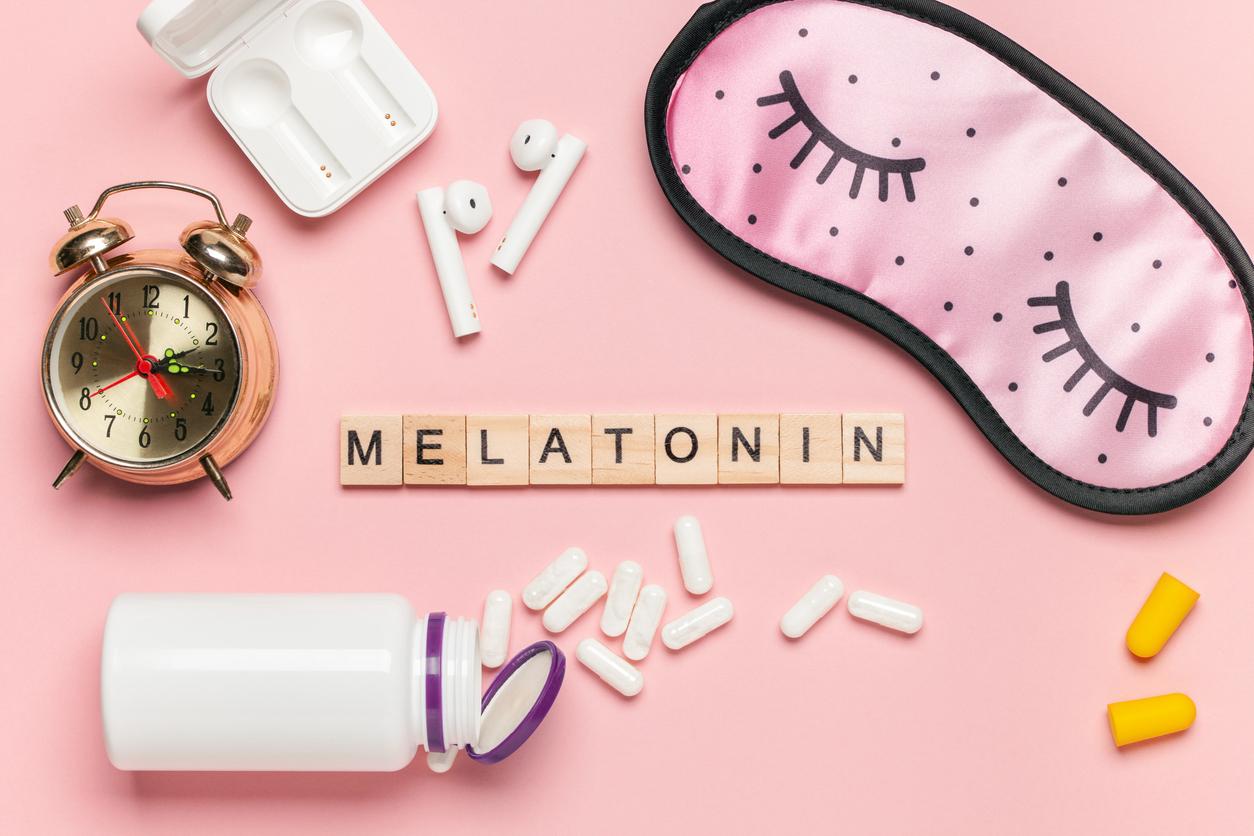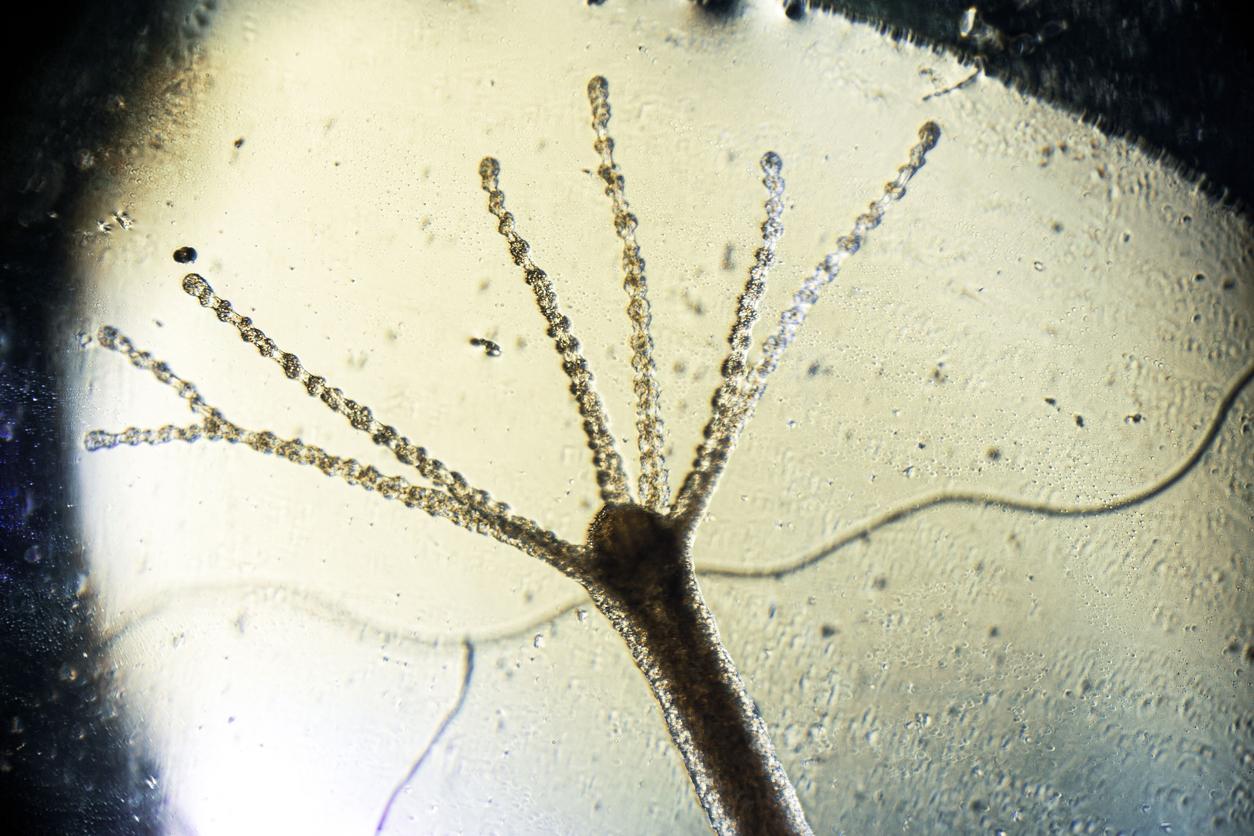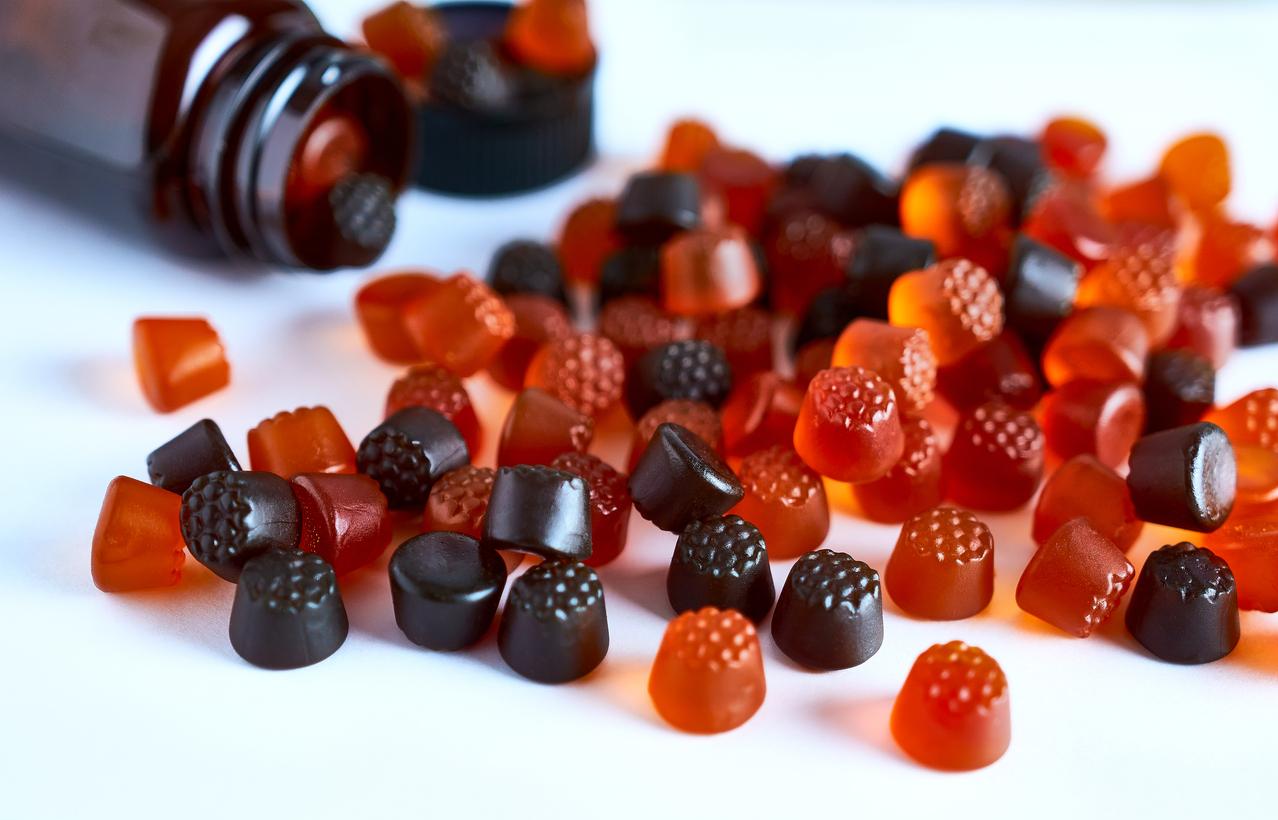In theory and since February, the melatonina hormone produced by a region of the brain that acts against sleeping troubles, should no longer be issued except in pharmacies and on medical prescription. But in practice, nothing is easier than finding it on the Internet or in stores.
Three years ago, the Ministry of Health reminded all health actors in an order that melatonin, in all its forms, was a substance potentially dangerous to health. The Council of State had been seized by industrialists dissatisfied with this decision.
But if the National Health Security Agency (ANSES) affirmed that the dose necessary to consider melatonin as a drug was 2 mg, the Council of State confirmed the position adopted by the ministry last February, it is that is to say, to restrict its delivery.
“Serious adverse effects”
On the side of the Medicines Agency (ANSM), the verdict is just as clear: “in general, any product containing a substance included in the lists of poisonous substances is subject to the conditions of the regulation of poisonous substances, in particular with regard to the methods of prescription and delivery of products containing them”. Since melatonin is on list II of poisonous substances, it is subject to these special provisions “regardless of the form in which it is presented”.
The administrative court also noted that it appears “in particular from the extracts from the national pharmacovigilance database produced by the Minister, that the absorption of melatonin can lead to serious adverse effects” (high blood pressure, anxiety, back pain, dizziness, drowsiness, reduced visual acuity, etc.). The Directorate General for Competition, Consumption and the Repression of Fraud (DGCCRF) has been seized, “so that checks can be carried out”, we explain to the office of Marisol Touraine, Minister of Health.


















